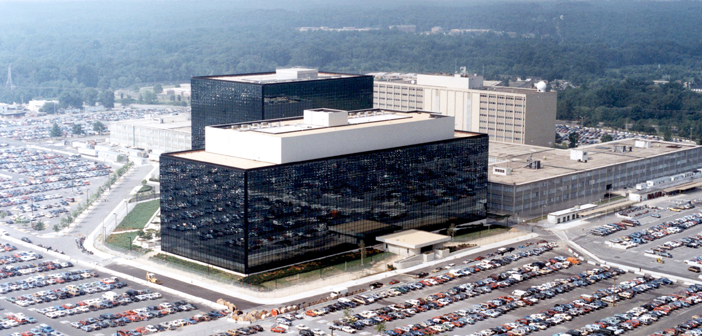Fighting Back: Organizations Combat Domestic NSA Overreach
Upon learning last year about how the NSA’s PRISM program had been recording and storing huge amounts of personal information, the internet community’s hackles were decidedly trending upward. The general consensus was that something had gone seriously awry—that questionable judgment calls had been made somewhere up the chain of command—but no one was really sure what could practically be done other than expressing their outrage as loudly as possible. After all, social movements are as tough to organize and maintain as they are to predict. Half a year later, however, with pressure having been levied from various directions, we’re seeing formalized communal efforts crystallize alongside some strong signs that things are starting to happen at the legislative level.
Grabbing Attention on Two Fronts
Last week, companies and individuals alike worked to claim February 11th as a day for fighting back against government surveillance, inviting people to call or email their representatives in Congress and the Senate, sign privacy petitions, and generally participate in getting as many others involved as possible (you can check out the numerical results here), and it certainly seems like they got the word out very well. It’s very difficult to accurately assess the impact of social media, but it surely can’t hurt to have so many people talking about privacy issues, especially since we know people in positions of power are paying attention (even if most of them work for the NSA).
Furthermore, around the time the aforementioned event was taking place, reports were filtering out that Maryland Republicans had put together anti-NSA legislation in the form of the Fourth Amendment Protection Act which, if enacted, would cut off the NSA’s state support entirely. As the NSA’s headquarters are located in Ft. Meade, they would be left bereft of public water and electricity, recruitment or research ties to local universities, and the ability to use information gathered without a warrant as evidence in Maryland courts. Even more promisingly, the model was soon used for proposals of the same sort in numerous other states. It is not surprising that those responsible are Republicans, considering the party’s love of privacy and dedication to the ideals of its constituent base, though it is encouraging nevertheless, given how rare it is for an issue to get bipartisan support these days.
Revisiting the Issue
To briefly recap, while poring through Edward Snowden’s massive leak of official NSA documents, it was discovered that the American government—through the NSA—set out to monitor communications going through US servers. The idea was ostensibly to check foreign communications for anything dangerous or threatening to national interests, but they ended up collecting an astonishingly broad array of details from foreigners and Americans alike. Phone records, internet histories, online chats; if it could be saved and catalogued, chances are the NSA gave it a try.
President Obama was inevitably evasive about the matter, attempting to reassure people that the NSA had not, in fact, gone so far beyond its mandate as to have reached another continent. It wasn’t convincing, but there are so many factors involved and so little known about the internal workings that it was tough to say anything with much certainty. In an effort to be open-minded, I wrote a little about the issue late last year. While I stand by the call for clarification and specificity over easy generalization, I absolutely agree that substantial changes need to be made, which is why it’s nice to see that the resistance is only getting stronger.
Making a Mark
It’s normal for issues like these to be addressed first at the state level, but the hope is that these measures are precursors to a more substantive reaction from the national government. Still, the Maryland legislation stands a real chance of making a difference by inconveniencing the NSA to such a degree as to force them to give way on something, being uniquely positioned to deny valuable and much-needed assistance.
“Maryland has almost become a political subdivision of the NSA,” TAC executive director Michael Boldin said. “The agency relies heavily on state and local help. This bill bans all of it.”
The more political leverage the legislators can get, the better their chance of getting things done will be, so if you’re American and want to help, go here and contribute whatever you can. If you’re not American, go round one up and get them to do it. Take a sack and a chloroform-soaked rag down to a Starbucks; they really like those.

